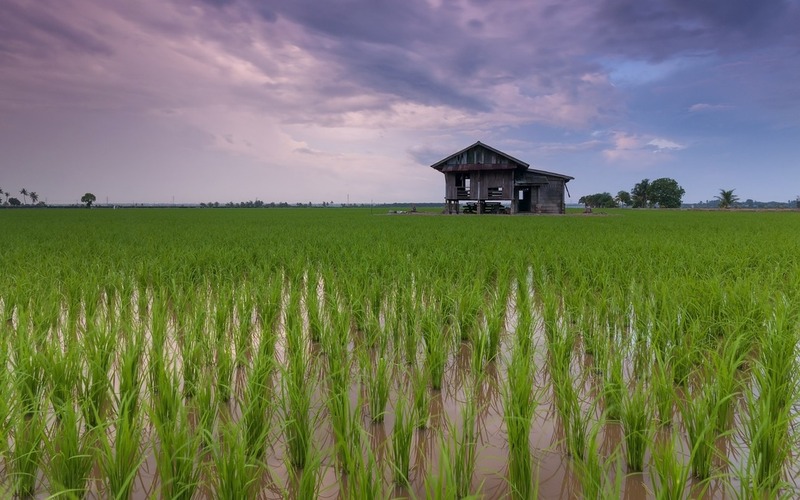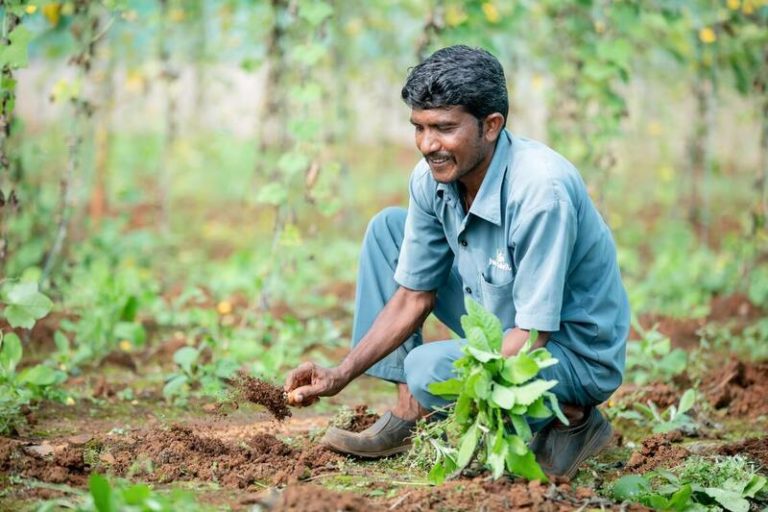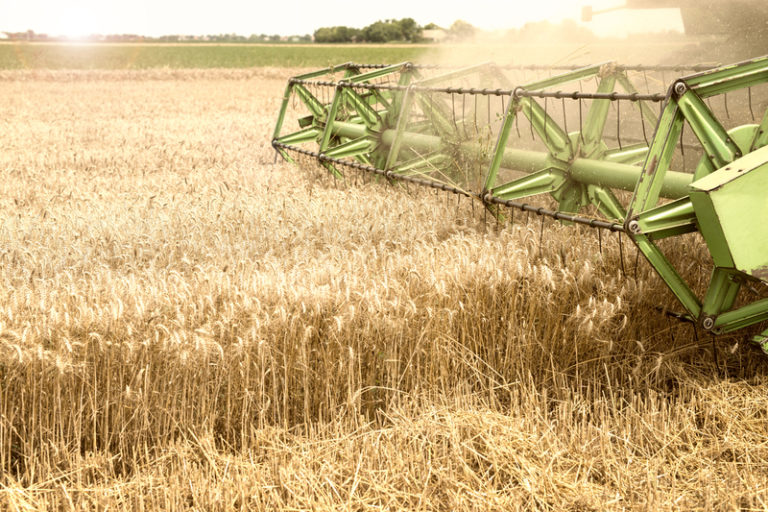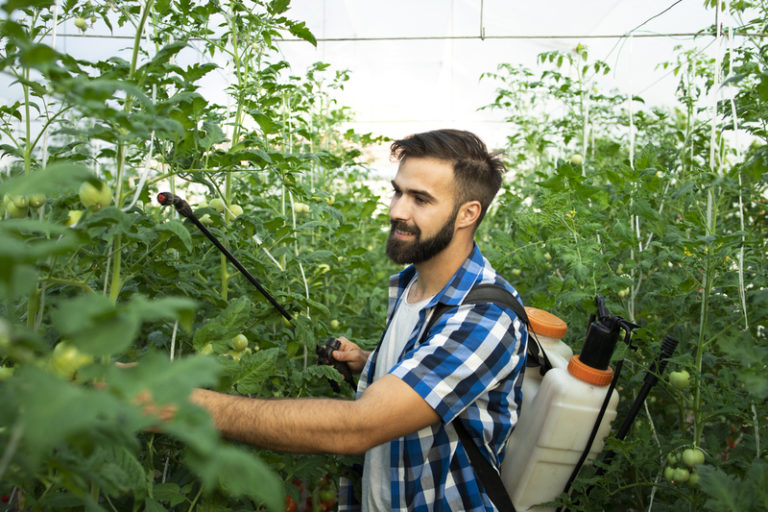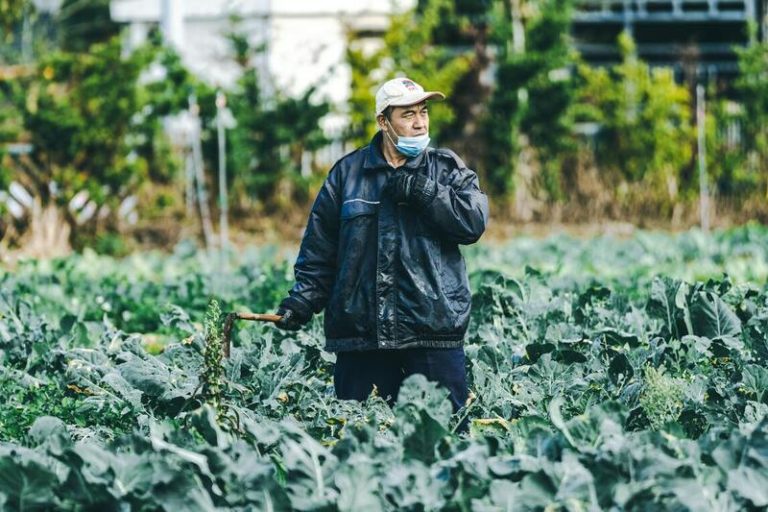7 Key Practices of Sustainable Agriculture for a Healthier Planet
Sustainable agriculture practices are essential for the long-term health and viability of our planet. These practices prioritize environmental, social, and economic sustainability by promoting farming methods that reduce waste, increase efficiency, and protect natural resources.
In this article, we will explore seven key practices for sustainable agriculture.
Crop Rotation
Crop rotation involves planting different crops in the same field in sequential seasons. This practice helps to reduce soil erosion, improve soil fertility, and prevent the buildup of pests and diseases. Crop rotation also helps to reduce the need for synthetic fertilizers and pesticides, which can have harmful environmental impacts.
Cover Cropping
Cover cropping is a way to protect and improve the soil by planting non-commercial crops between seasons. Cover crops help to prevent soil erosion, reduce nutrient loss, and suppress weed growth. They also help to increase soil organic matter, which can improve soil fertility and water-holding capacity.

Integrated Pest Management
Integrated pest management is a way to get rid of pests and diseases that uses a combination of cultural, mechanical, and biological methods. This method cuts down on the use of synthetic pesticides, which can hurt good bugs, pollute the soil and water, and help pests become resistant to pesticides.
Conservation Tillage
Conservation tillage involves reducing soil disturbance during planting and cultivation. This practice helps to prevent soil erosion, improve soil moisture retention, and reduce greenhouse gas emissions. Conservation tillage can also help to improve soil health by preserving soil structure and reducing soil compaction.
Agroforestry
Agroforestry involves planting trees, shrubs, and other perennial crops in combination with annual crops. This practice can help to increase biodiversity, reduce soil erosion, and improve soil fertility. Agroforestry also provides habitat for wildlife and can provide additional income streams for farmers through the sale of timber, fruit, and other products.
Water Conservation
Water conservation involves using practices that reduce water use and improve water quality. Examples include drip irrigation, rainwater harvesting, and the use of cover crops to reduce evaporation. Practices for water conservation aid in preserving this priceless resource, which is becoming more and more vulnerable due to pollution, climate change, and overuse.
Soil Health Management
Soil health management involves using practices that improve soil health and fertility, such as cover crops, conservation tillage, and crop rotation. This practice helps to increase soil organic matter, which can improve soil structure, water-holding capacity, and nutrient availability. Improving soil health also helps to reduce greenhouse gas emissions and promote biodiversity.
conclusion
sustainable farming practices are important for the health and survival of our planet in the long run. Implementing these practices can help reduce waste, increase efficiency, and protect natural resources.
Farmers, policymakers, and consumers all have a role to play in promoting sustainable agriculture practices and creating a more sustainable food system for future generations. By prioritizing sustainability, we can ensure that we leave behind a healthy and thriving planet for generations to come.
Also Read:
Sustainable Crops: The Key to a Healthier and More Resilient Food System

